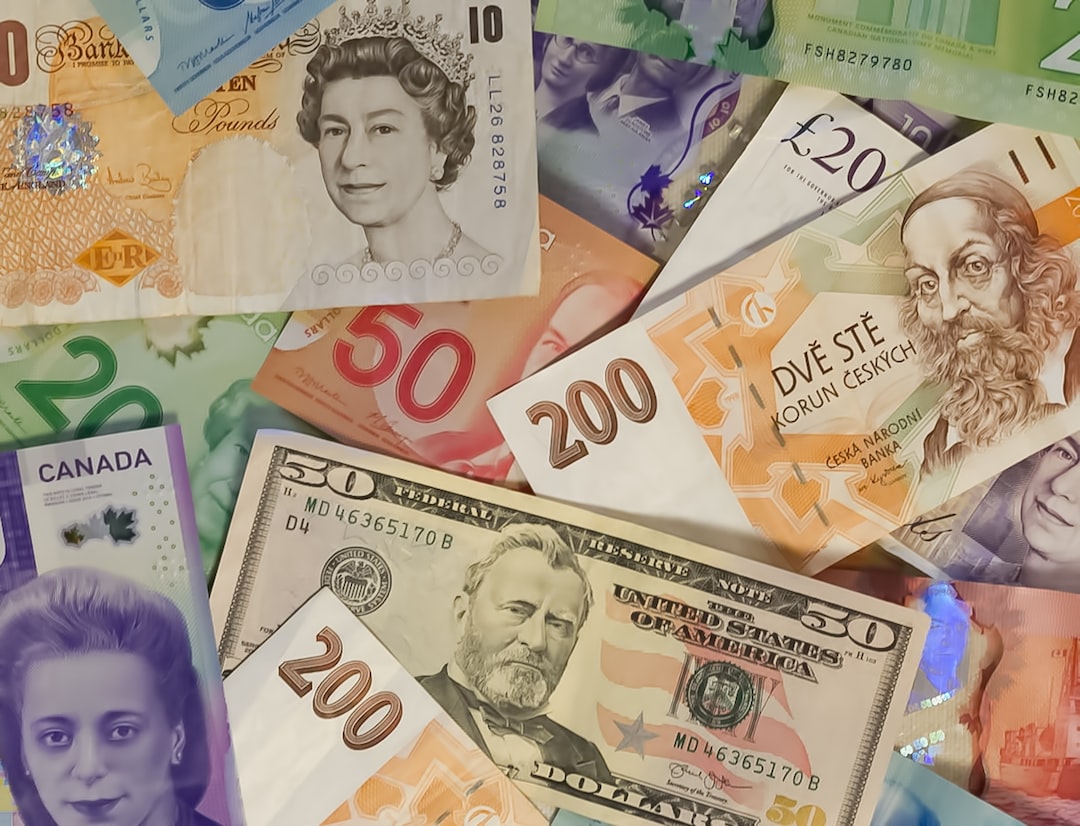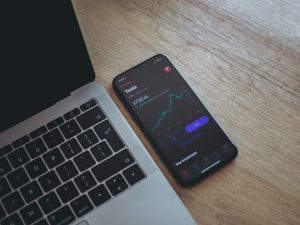OTC forex trading, also known as over-the-counter forex trading, is a decentralized market where currencies are traded without the need for a central exchange. Unlike stock trading, where all trades are executed on a centralized exchange, forex trading is conducted through a network of banks, brokers, and dealers.
In the OTC forex market, buyers and sellers negotiate directly with each other to determine the price of a currency pair. This means that the price of a currency pair can vary depending on the dealer or broker offering the trade. However, this also means that traders have access to a more diverse range of trading options, as they are not limited to the offerings of a single exchange.
OTC forex trading has become increasingly popular in recent years, with the market growing to an estimated $6.6 trillion per day in 2019, according to the Bank for International Settlements. This growth can be attributed to the ease of access and flexibility offered by the OTC market, as well as the advancements in technology that have made it easier for individual traders to participate in the market.
One of the key advantages of OTC forex trading is the ability to trade on margin. Margin trading allows traders to take on larger positions than their account balance would typically allow, by borrowing funds from their broker. This can amplify both profits and losses, so it is important for traders to have a solid understanding of risk management before engaging in margin trading.
Another advantage of OTC forex trading is the ability to trade 24 hours a day, five days a week. This is because the forex market is open around the clock, with trading sessions in different time zones overlapping throughout the day. This allows traders to take advantage of global events and news that may impact currency markets, regardless of their location or time zone.
OTC forex trading also offers a wider range of trading instruments than other markets. While the stock market is limited to trading securities such as stocks, bonds, and mutual funds, the forex market allows traders to trade a variety of currency pairs, as well as derivatives such as options and futures. This provides traders with more opportunities to diversify their portfolios and hedge against market volatility.
However, OTC forex trading also comes with its own set of risks. As the market is decentralized, there is no central authority regulating trades or ensuring transparency. This can make it more difficult for traders to verify the reliability and credibility of the dealers or brokers they are working with. Additionally, as the market is highly leveraged, traders can quickly lose their entire investment if they are not careful.
In conclusion, OTC forex trading is a decentralized market where currencies are traded directly between buyers and sellers, without the need for a central exchange. While this market offers a range of advantages, such as 24-hour trading and a wider range of trading instruments, it also comes with its own set of risks. Traders must be aware of the potential for high leverage and the lack of central regulation in the market, and should have a solid understanding of risk management before engaging in OTC forex trading.






